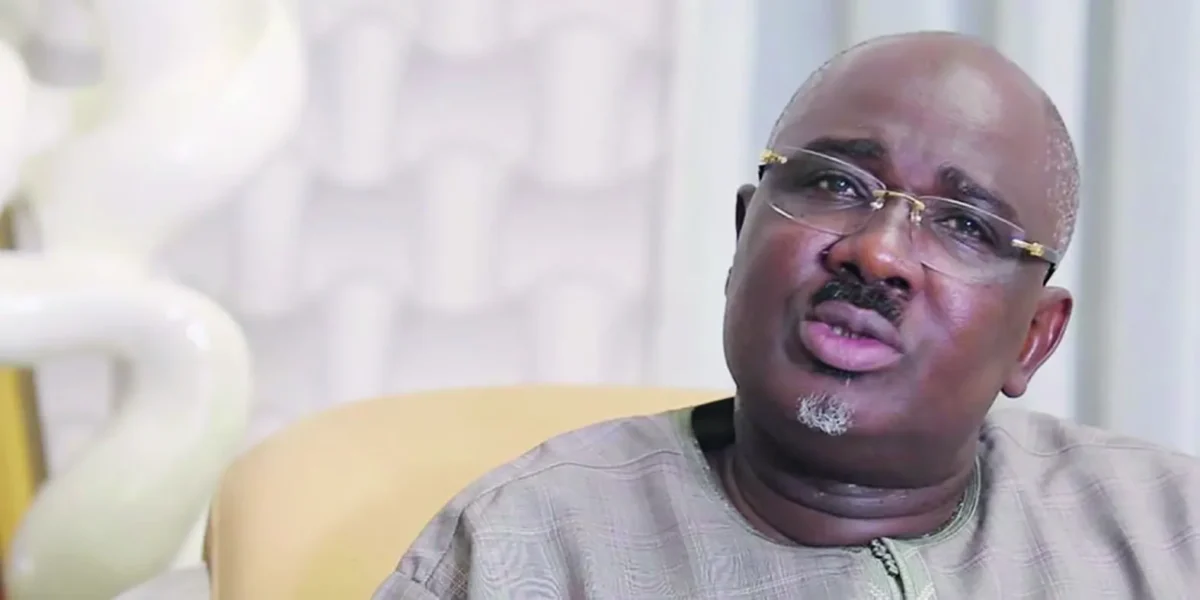
The detained deputy mayor of Agnam, Farba Ngom, has received unprecedented backing from the National Human Rights Commission (CNDH), which has officially called for his provisional release on medical grounds.
The move underscores the delicate balance between judicial procedure and the protection of fundamental rights.
In a letter dated September 2, sent to the president of the College of Investigating Judges, CNDH president Amsatou Sow Sidibé argued that Ngom’s health condition is incompatible with prolonged incarceration.
The request was supported by two independent medical reports confirming the seriousness of his condition.
Babacar Ba, president of the Forum du Justiciable, had previously warned publicly about the risks faced by the elected official while in detention.
Farba Ngom is currently involved in two major financial cases.
The first case concerns 91 billion CFA francs in partnership with businessman Tahirou Sarr, while the second involves 31 billion CFA francs.
These substantial sums have prompted the judiciary to exercise caution, as judges seek to maintain procedural integrity while addressing legitimate humanitarian concerns.
“The CNDH’s intervention adds a significant dimension to the case,” said a legal expert familiar with the proceedings. “Judges will need to weigh the seriousness of the charges alongside the imperative to safeguard the health of a detainee. This is a classic example of the tension between legal rigor and humanitarian obligation.”
The call for provisional release has reignited public debate in Senegal over the treatment of detained public officials and the role of human rights bodies in high-profile legal matters.
Observers note that the decision could set a precedent in cases where health considerations intersect with financial and political controversies.
As the case unfolds, the judiciary faces the challenge of balancing transparency, accountability, and compassion. Farba Ngom’s situation illustrates the complexities of a justice system navigating between strict legal enforcement and the protection of individual well-being.
The coming weeks are expected to determine whether the courts will grant temporary relief, potentially reshaping discussions around detention policies for vulnerable prisoners in Senegal.



